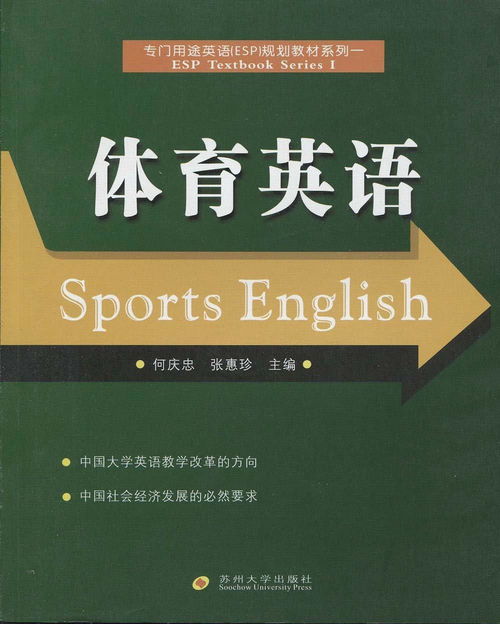Title: The Separation of Sports and Politics: Uniting through Athletic Excellence
Introduction:
Sports and politics have long been intertwined, as athletes and sports events often become stages for expressing political views and promoting social change. However, there exists a common desire among many to keep sports free from political influences in order to maintain its essence of competition and camaraderie. In this article, we aim to explore the importance of keeping politics out of sports, the potential consequences of their intersection, and ways to ensure the autonomy of sports in a politically charged world.
The Essence of Sports:
Sports serve as a unifying force that transcends boundaries of nationality, ethnicity, and political ideology. They bring people together to celebrate athletic prowess, fair competition, and shared values of teamwork, discipline, and respect. The purity of sports lies in its ability to create a level playing field where talent, hard work, and dedication determine success, irrespective of political affiliations or beliefs.
The Consequences of Political Influence:
1. Undermining Fairness: Politics injected into sports can create bias, unfair advantages, and undermine the integrity of competition. When athletes are selected based on political considerations rather than merit, it diminishes the hard work and dedication displayed by other deserving athletes and undermines the fairness that sports embody.
2. Dividing Athletes and Fans: The infusion of politics into sports can lead to divisions among athletes and fans who may hold differing political views. This division can obstruct the sense of unity that sports foster, transforming stadiums into platforms for expressing political disagreements rather than celebrating athletic excellence.
3. Loss of Sportsmanship: Political tensions can breed animosity among athletes, leading to unsportsmanlike behavior such as excessive aggression, intentional fouls, or disrespectful gestures. This not only tarnishes the reputation of the individuals involved but also reflects poorly on sports as a whole.
Preserving the Autonomy of Sports:
1. Encourage Athlete Activism: While it is important to keep politics out of sports, athletes should still be encouraged to use their platform responsibly to address social issues. By voicing their concerns off the field, athletes can contribute to positive change without compromising the fundamental principles of sports during competition.
2. Enhanced Governance and Regulations: Sports governing bodies should adopt clear policies that explicitly separate politics from sports. These regulations can outline the consequences for athletes, officials, or organizations that engage in political activities during sports events, ensuring that the focus remains on the game itself.
3. Education on Sportsmanship and Fair Play: Emphasizing sportsmanship and fair play from an early age can instill values that discourage political interference in sports. By teaching the importance of respect, fairness, and inclusivity, we can foster an environment where athletes and fans prioritize the true spirit of sports over political differences.
Conclusion:

Sports play a significant role in bringing people together and fostering a sense of unity that transcends political divides. While it is challenging to completely separate sports from politics, preserving their autonomy helps maintain fairness, uphold sportsmanship, and protect the integrity of competition. By encouraging responsible athlete activism, enhancing governance, and promoting values of fairness and respect, we can ensure that sports remain a realm where everyone can come together and celebrate athletic excellence.